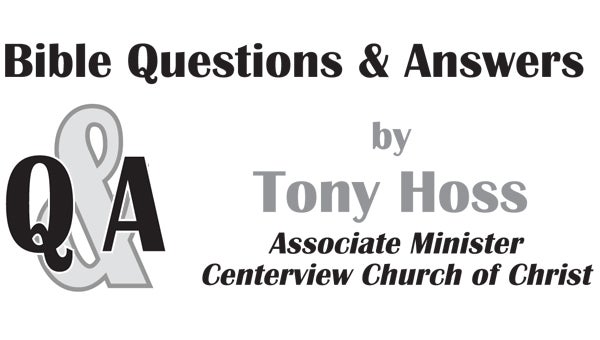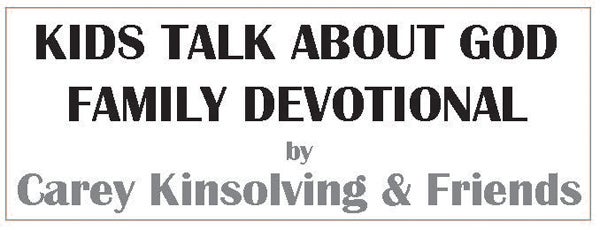Self-honesty and salvation
Published 9:43 am Friday, September 14, 2018
By TONY HOSS
It has been said that no one knows us better than we know ourselves; however being honest with ourselves is a different matter. As we consider our relationship with God, being honest with ourselves is paramount, especially when it comes to our relationship with the Gospel of Christ. Paul said, “For I know nothing by myself; yet am I not hereby justified: but he that judgeth me is the Lord” (1 Corinthians 4:4 KJV). Paul knew he had fulfilled his duties as a preacher and Apostle. He also knew that God knew him as well as he knew himself. As God knew Paul, He knows us; thus we must be honest and when needed, we must repent of our sins. For this we must allow our conscience to drive us towards God with Godly repentance (1 Cor. 7:10). It is far better to admit our faults than to euphemize our actions to our own destruction.
There is a definite advantage to self-honesty. While we may fool the world around us there and their ability to truly know us may be limited, we do know ourselves and it is that knowledge that can help us maintain a proper balance in our Christian living. However there is a disadvantage to knowing ourselves as well. The disadvantage is that most of us, while we have full knowledge of ourselves, simply refuse to be honest for fear of self-defamation. While we are always ready to judge others we simply refuse at times to acknowledge our own faults and mistakes. If we would but be honest, we could avoid many of the pitfalls that men encounter. Spiritually speaking, we should remove the self-imposed blinders which hide from us our own faults.
To help overcome our self-imposed blindness we should accept the help of those in our lives when they try to reveal to us our faults. This was the case with David when Nathan told him the parable of the “Ewe Lamb” in (Samuel 12:1-7). This was the case with Peter when Paul withstood him to his face concerning his prejudice against the Gentile Christians (Gal. 2:11).
God gives us ample opportunity to fulfill self-honesty and He helps us with the truth of His Word (John 17:17, 14:15; 15:14). Paul teaches that God will send strong delusion to them that have a greater desire to lie to themselves about the truth in relation to themselves rather than to obey (2 Thess. 2:9). Our salvation depends on our response to truth and the quality and content of our hearts (Matt. 13:1-23). John reminds us in 1 John 1:8, that if we lie about our own sins we deceive ourselves. This is a deadly situation to be in. While it is imperative that we have knowledge of the doctrine of Christ it is equally important to be honest about our own shortcomings in life. Those who obeyed the gospel on the day of Pentecost (Acts 2) were honest with themselves and the sin in their lives. In contrast those who stoned Stephen in (Acts 8) were unwilling and unable to accept the faults in their own lives. They much like Cain in (Gen. 4:1-12) were unable to face their own sinfulness. May it never be said of us that we are so proud that we could never admit and repent of sins in our own lives.
Perhaps the greatest deterrent to self-honesty is our lack of a full knowledge of God’s Word. Without a complete understanding of God’s word we can never offer proper fruits of righteousness as God demands. Still many without knowledge live as if they are compliant with all of God’s desires for them; such was the case of the praying Pharisee in (Luke 18:9-14).
We should all remember the power of prayer and ask God to help us be honest with ourselves, the world about us and our God. Have you been honest about yourself? Are you a child of God? Have you been baptized for the remission of sins?
(Tony Hoss is minister at Centerview Church of Christ, Elizabethton. He can be contacted at 423-737-2287 or by e-mail at: tmagho1@comcast.net).



